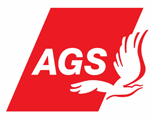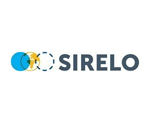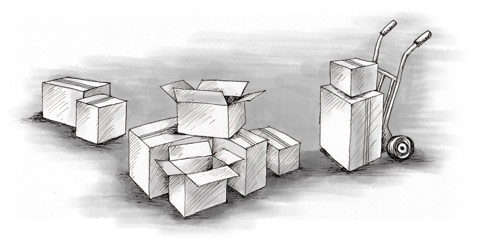Residency and visas
If you are a national of the European Union (EU), moving to Belgium is relatively easy. There is no need to get a visa whether it is for a long or short stay. However, if you plan to stay for longer than 3 months, a Belgian residency permit is required.
For everyone who is not an EU national, you will have to check the formalities and documents you require before arriving in Belgium. You can find out more about these processes in our short guide or contact the Belgian Immigration office directly.
It is also advised that you make copies of your birth and marriage certificates and ensure that they are translated into French, Dutch and German, to make the application processes easier.
A place to stay
It is usually a good idea to start working out your options for accommodation before you leave for Belgium. There are plenty of rental and estate agents who will provide expert advice and help you to find a place suited to your needs. If you want more advice you can look in our Belgian Housing and Rentals section.
Check whether the property is furnished and whether or not water, gas, electricity, phone and internet are provided before agreeing to rent or buy somewhere. Furnished properties are a rarity in Belgium and are most likely found for only short term stays, so it is necessary to ask.
If you haven’t managed to find a place to stay before arriving in Belgium, don’t panic! There is always the option of a hotel or short term serviced apartments known as ‘Aparthotels’ until you can find somewhere more permanent.
Looking after yourself
Before leaving your country of origin, it is recommended that you visit your doctor for a full health check and to make sure you’re up to date with any necessary vaccinations. It’s unlikely you’ll need much before coming to Belgium, but it’ll make the beginning of your life in the country easier if it’s one less thing to sort out.
You should try to adapt any treatments and medication you have in order to ensure that they are readily available when you arrive in Belgium.
You should also think about getting professionally translated medical records into French and Dutch to avoid any miscommunication.
It is a good idea to have access and a copy of your medical records online. There are various apps that allow you to do this, so that you make sure they are easily accessible whenever you need.
It is important to familiarise yourself with the Belgian healthcare system and to be aware of what public health care you are eligible for. Health insurance is something to consider should you need it, or if you want a higher level of protection.
Money matters
There are plenty of banks to choose from when opening an account in Belgium. Convenience is something that many people look for when moving abroad and planning ahead allows the first few days of your arrival to be smooth sailing. ING offers this convenience because you are able to open your bank account before you arrive in Belgium. They ensure that you have all of your bank cards on arrival, you are covered with both home and travel insurance and you can even choose to take out a credit card.
Ahead of moving to Belgium, you should also file a final tax return and apply in Belgium to be taxed as a resident. If you want to know how your income is taxed in Belgium, you can contact the ING Expat team who can help you with a free tax check.
Last but not least!
Moving to Belgium should be an exciting experience and if you follow our checklist there is no reason why it shouldn’t be relatively easy too. Why not join our Belgian community, so that you can get to know other expats and share your experiences. You can also find out about various events that will be taking place and ask any questions to people who have already made the move!



